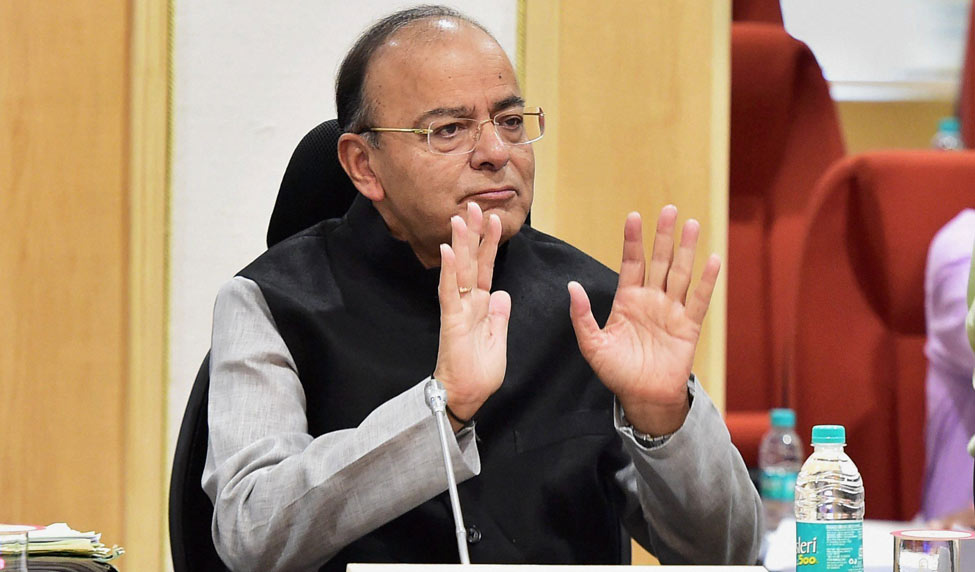Judges and Central PSU workers received a bonanza after the Union cabinet on Wednesday gave its nod for a salary revision.
The framework for Central public sector enterprises, approved by the cabinet, is likely to prove beneficial to 12.35 lakh PSU employees, of which 2 lakh are board level and below board level executives, while 9.35 lakh are unionised PSU workers, employed across 320 PSUs.
The wage policy for the eighth round of wage negotiations that was cleared today also introduced the factor of a Central Public Sector Enterprises' (CPSEs) profitability to be taken into consideration while deciding on wage revision of its workers.
“The wage revision shall be subject to the condition that there shall be no increase in labour cost per physical unit of output. In exceptional cases, where CPSEs are already working at optimum capacity, the administrative ministry/department may consult the department of public enterprises considering industry norms,” an official statement said.
The cabinet statement said no budgetary support for any wage increase shall be provided by the government. The entire financial implication would be borne by the respective CPSEs from their internal sources.
“In those CPSEs in which the government has approved restructuring or revival plan, the wage revision will be done as per the provisions of the approved restructuring or revival plan only,” the statement said.
CPSEs will implement the negotiated wages after confirming with their administrative ministry or department that the wage settlement is in conformity with approved parameters.
"This will mean that profitability of the unit would have to be considered for wage negotiations. Also, an added element would be to get approval of the ministry, which earlier would not be required," said Balraj Joshi, chairman National Hydroelectric Power Corporation, a CPSE undergoing a bank-led restructuring process.
Revision of wage of judges had been pending for a long time, and with the recent revisions retired judges, Supreme Court judges and High Court judges would receive a windfall.
"The increase in the salary and allowances etc. will benefit 31 Judges of Supreme Court of India (including the CJI) and 1,079 Judges (including the Chief Justices) of High Courts. Besides, approximately 2,500 retired judges will also be benefit on account of revision of pension/gratuity etc," an official statement said.
The revisions considered by the cabinet include a 130 per cent hike in dearness allowances received by judges. This approval is believed to pave way for the passing of Supreme Court Judges (Salaries and Conditions of Service) Act, 1958 and High Court Judges (Salaries and Conditions of Service) Act, 1954.
Undoubtedly, the new amendments, which sources say are now likely to be tabled in the winter session of Parliament, would ensure better pay and living conditions for judges, even as court complexes in the country cry for attention and petitioners wait years to receive justice on their pending cases.
Arrears on account of revised salaries, gratuity, pension and family pension of judges would be paid by the exchequer to them for more than one year with effect from 01.01.2016, as one time lump sum payment.
In keeping with Constitutional norms and a promise made in the union budget by Finance Minister Arun Jaitley, the union cabinet has given its nod for forming the 15th finance commission.
"Now the members of the finance commission will be appointed and the terms of reference for the 15th finance commission would be decided in due course of time," said Jaitley, announcing the cabinet decision.
The 14th finance commission was chaired by former RBI governor Y.V. Reddy. The 14th finance commission also set straight the relations and revenue sharing on indirect taxes, which it hiked to 42 per cent as state share from 32 per cent pegged earlier.
The 15th pay commission will have a five year term and will make its recommendations to the government of the day in 2022, seeking to re-order Centre's fiscal discipline as well as its relationship with states.






